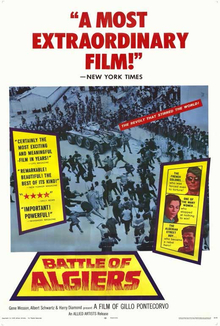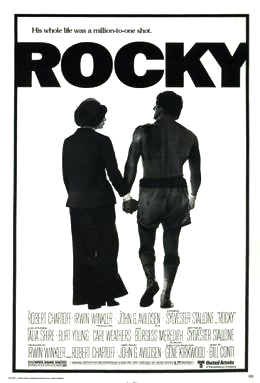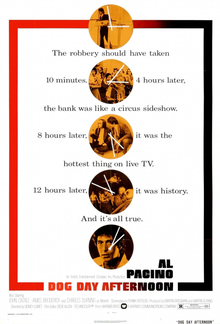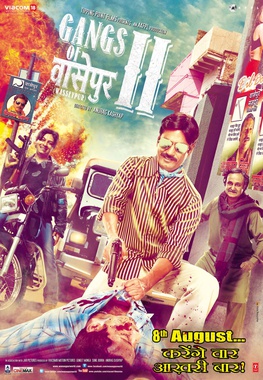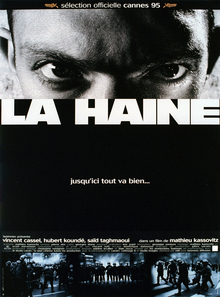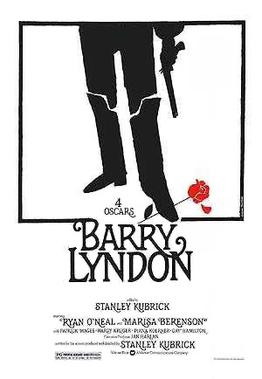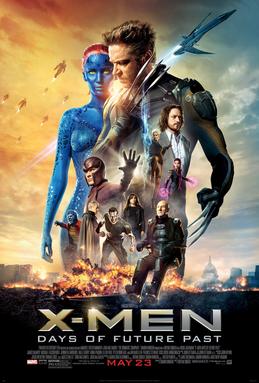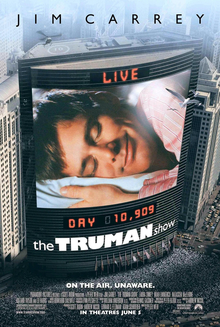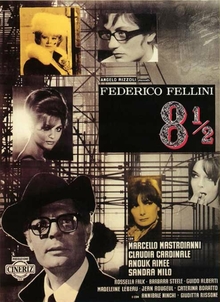 |
| Source: Wikipedia |
There's this guy, Guido, who's made great movies. Problem is, he’s out of ideas. He’s still making a movie, but nobody knows what it’s about, not even him. He smashes together seemingly random elements, hoping they’ll congeal into a coherent whole, but to little avail.
Critique of the Catholic church? Autobiographical exploration of his own romantic conquests? Rocket ships? Tap-dancing sailors? What he claims is “a simple story” collapses under the weight of its own ludicrous complexity.
8 1/2 also smashes together seemingly random crap but apparently succeeds. (At least according to most film critics with an iota of clout.)
So we psychologically explore the director guy's sex life. He can’t control his chatty, foppish mistress. He can’t communicate with his chilly wife. So he fondly reflects on his youth (and its plus-sized temptresses). Without warning, ugly reality transitions into sadomasochistic dream sequences.
The Catholic Church figures into things somehow, as the director pursues an interview with a Cardinal. The paparazzi buzz around the director like flies swarming a corpse. For reasons indecipherable to me, there’s a smiley magician and yes, tap-dancing sailors (actors) on a rocket ship (set).
If this movie sounds at all appealing, I’ll say it now: I was bored, baffled, frustrated out of my mind. Maybe I’m too young, too inexperienced, too monogamous to appreciate a surreal self-referential masterpiece.
But let me cautiously recommend it for smarter, more patient people. And for world-weary movie-making professionals who’ve probably already seen it already anyway.
8 1/2 also smashes together seemingly random crap but apparently succeeds. (At least according to most film critics with an iota of clout.)
So we psychologically explore the director guy's sex life. He can’t control his chatty, foppish mistress. He can’t communicate with his chilly wife. So he fondly reflects on his youth (and its plus-sized temptresses). Without warning, ugly reality transitions into sadomasochistic dream sequences.
The Catholic Church figures into things somehow, as the director pursues an interview with a Cardinal. The paparazzi buzz around the director like flies swarming a corpse. For reasons indecipherable to me, there’s a smiley magician and yes, tap-dancing sailors (actors) on a rocket ship (set).
If this movie sounds at all appealing, I’ll say it now: I was bored, baffled, frustrated out of my mind. Maybe I’m too young, too inexperienced, too monogamous to appreciate a surreal self-referential masterpiece.
But let me cautiously recommend it for smarter, more patient people. And for world-weary movie-making professionals who’ve probably already seen it already anyway.
138 minutes.
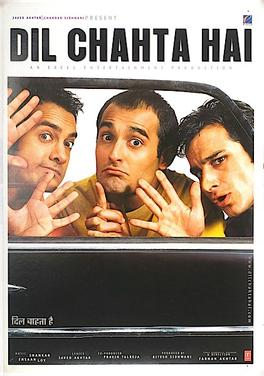



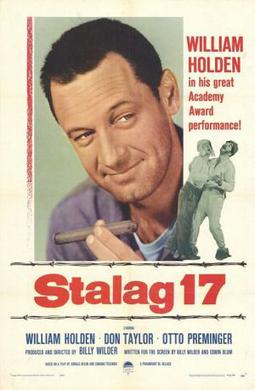






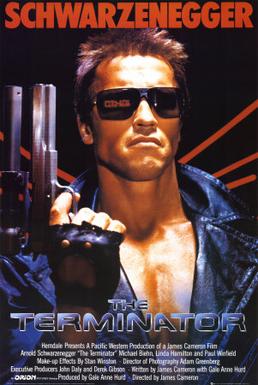
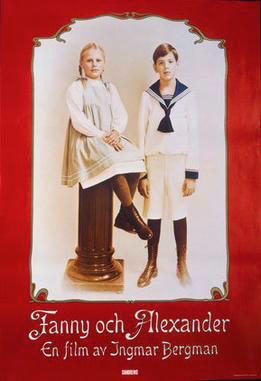
.jpg)





